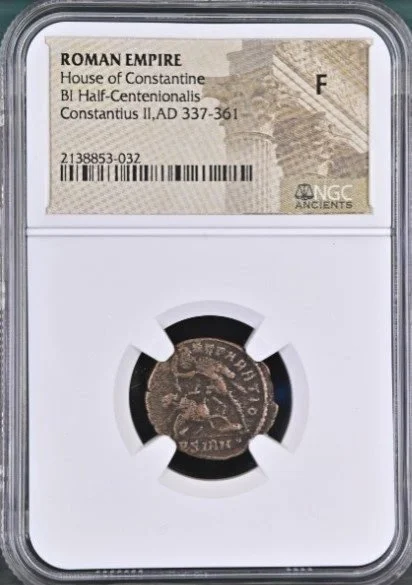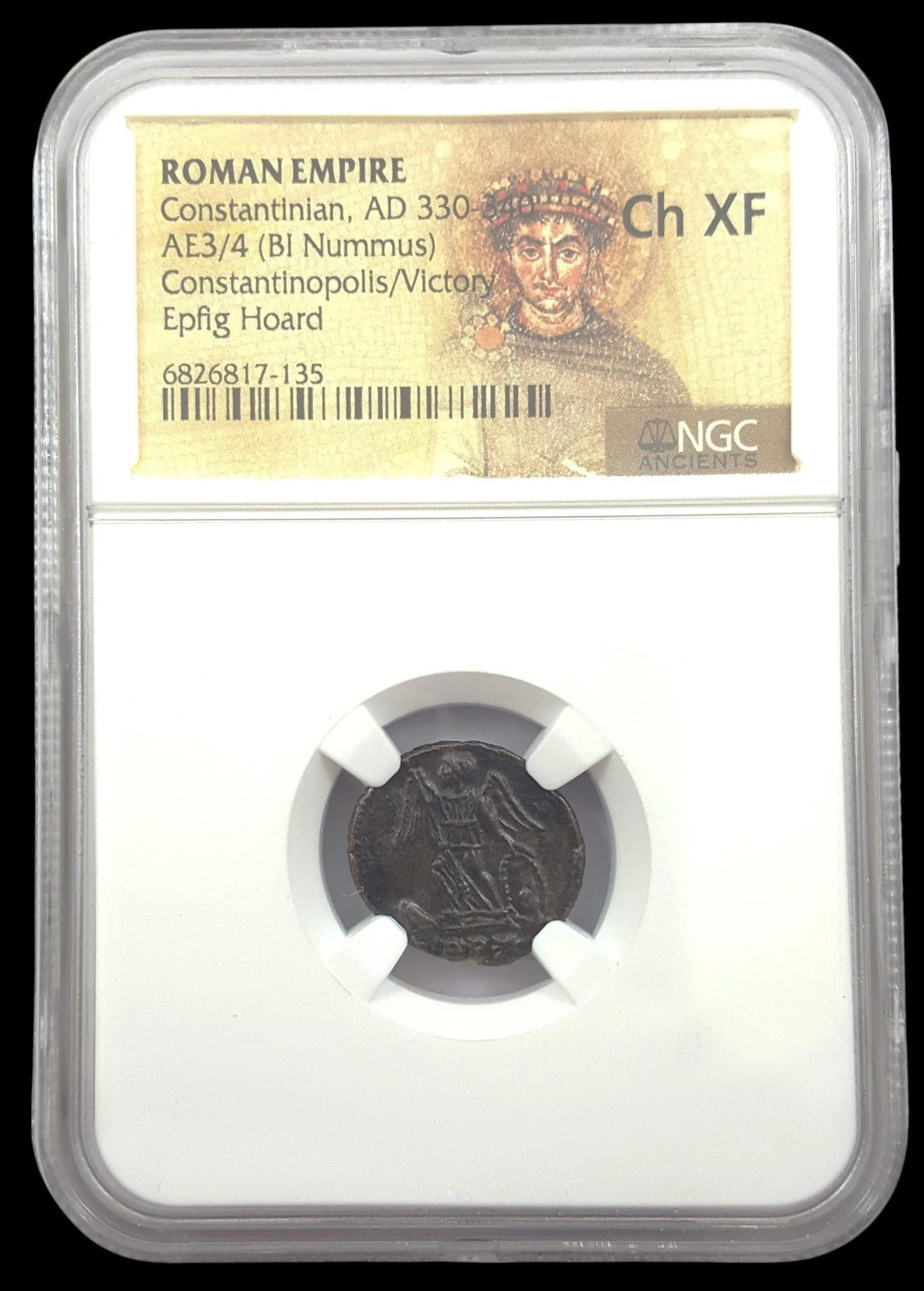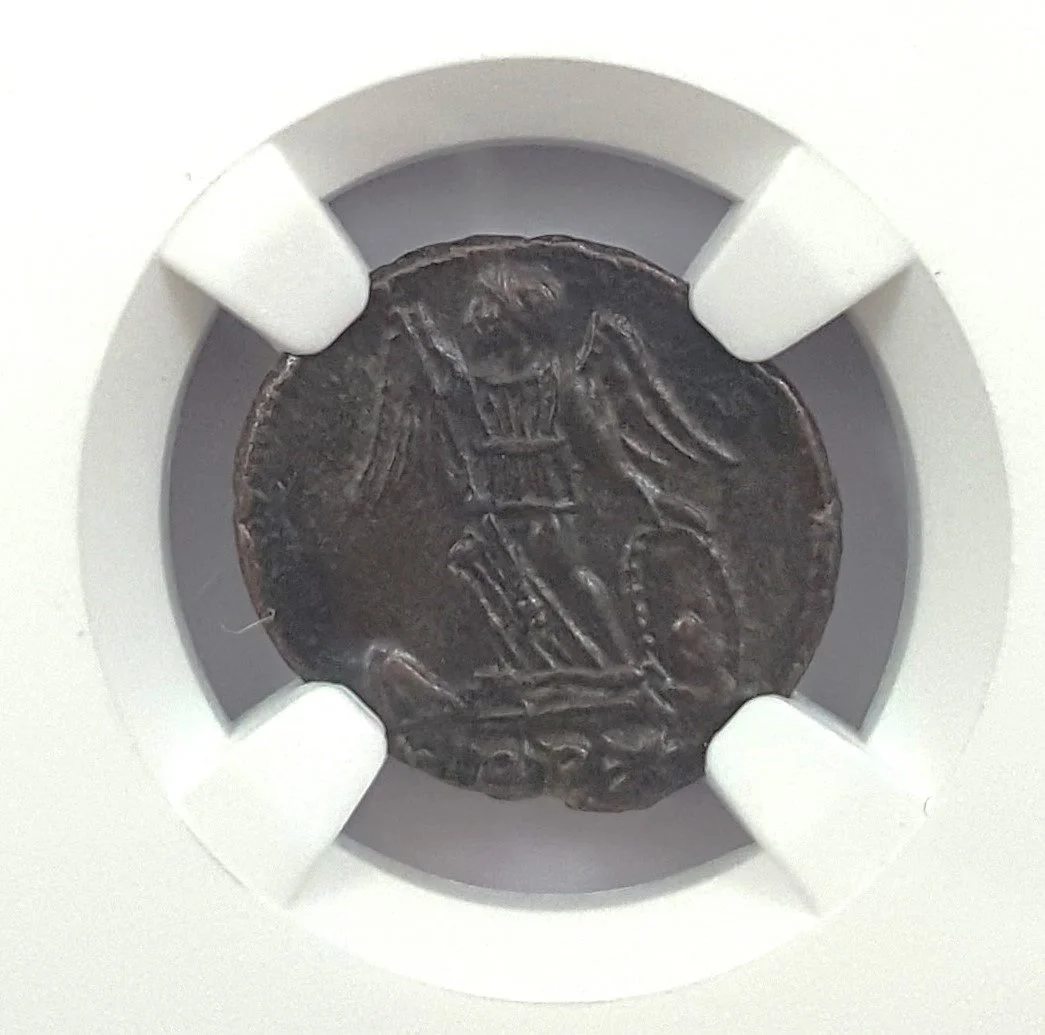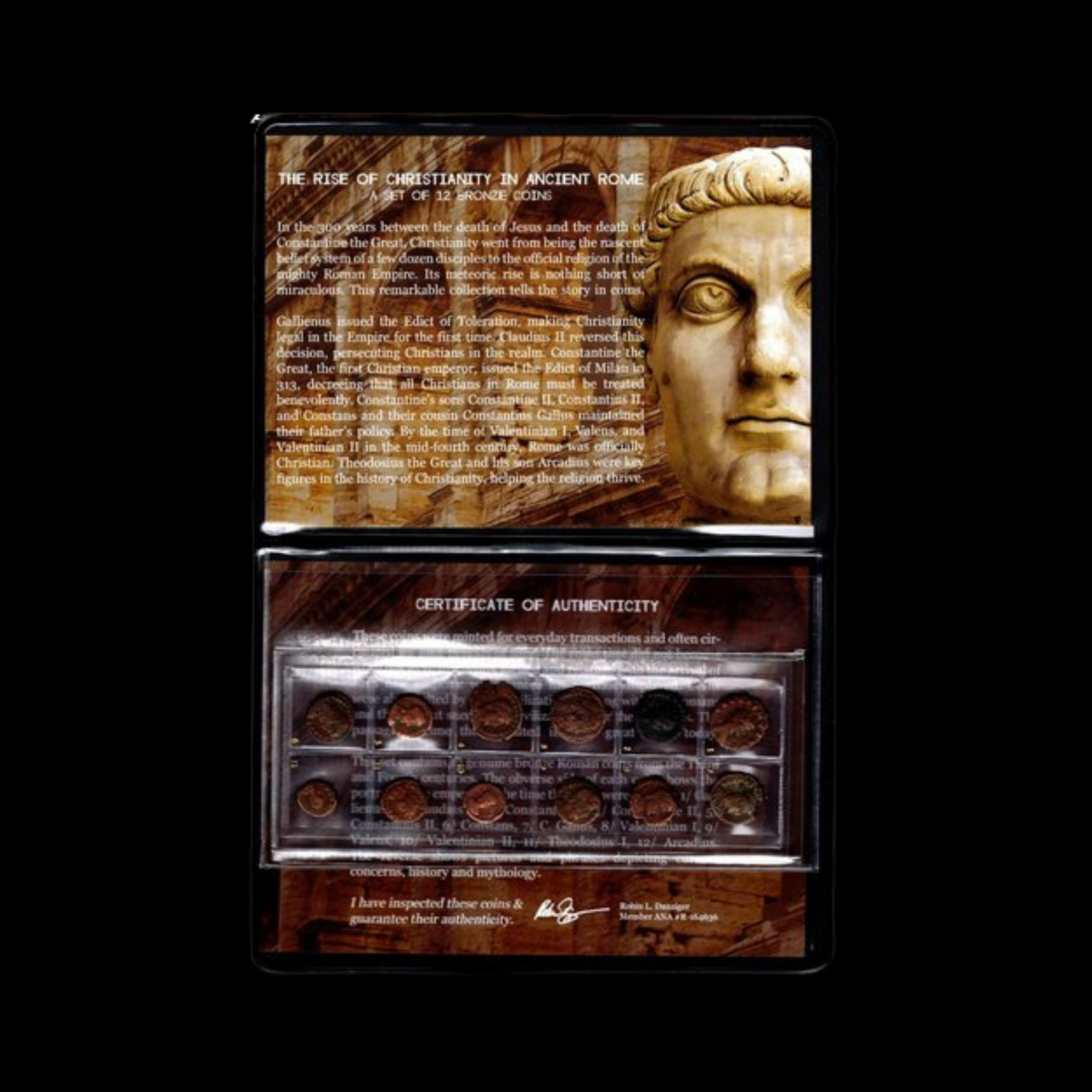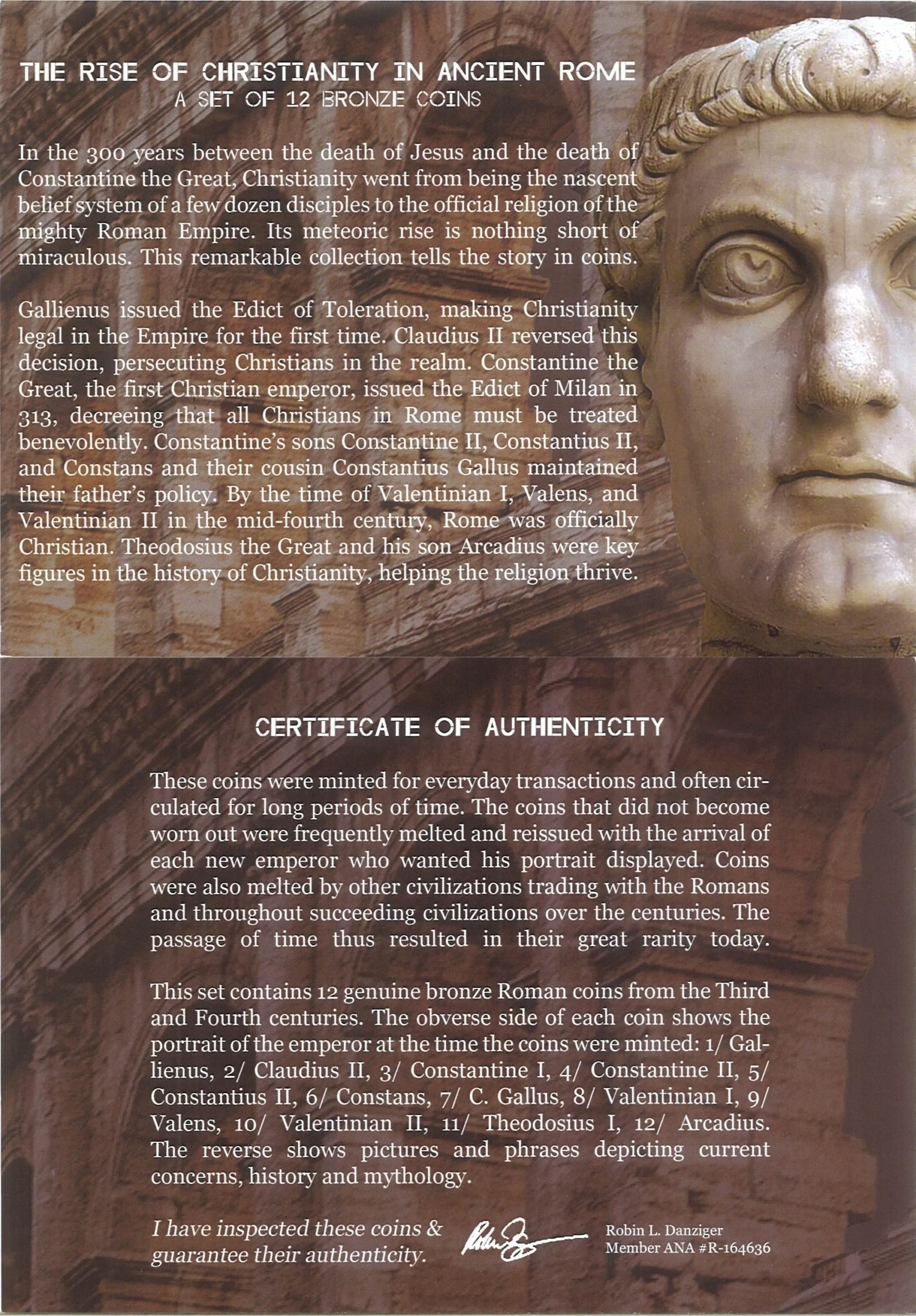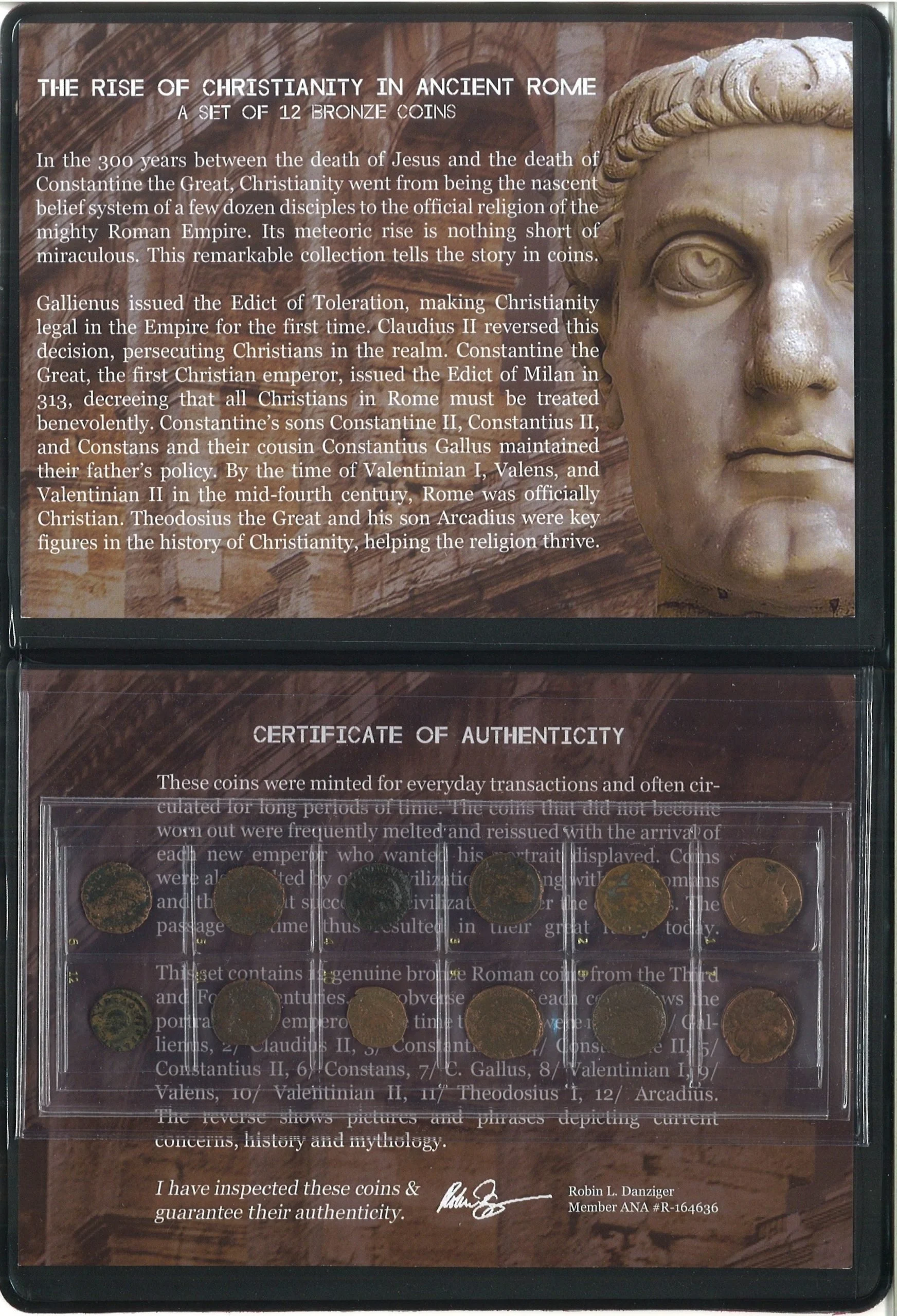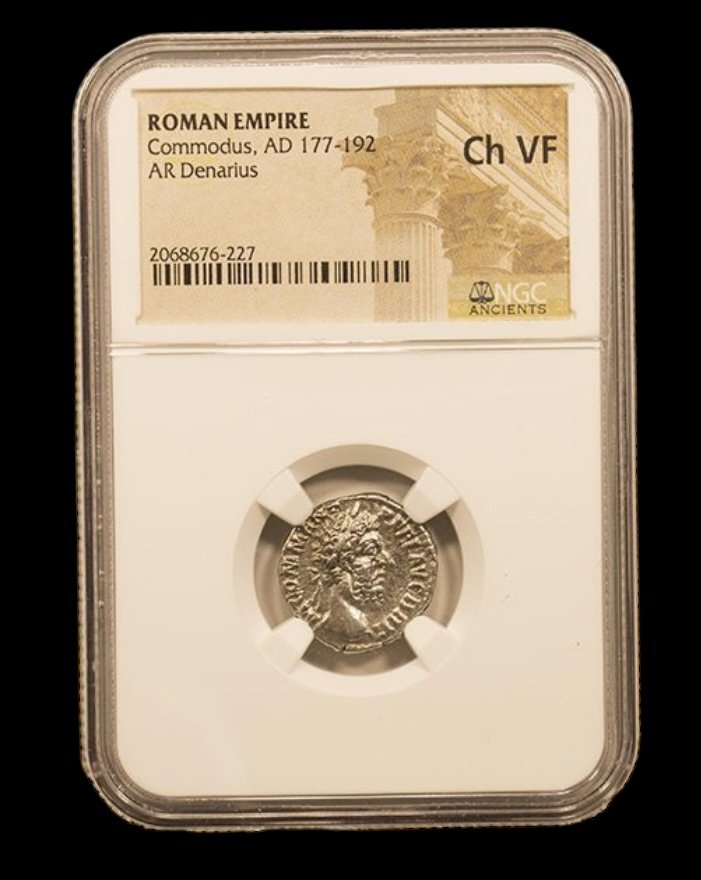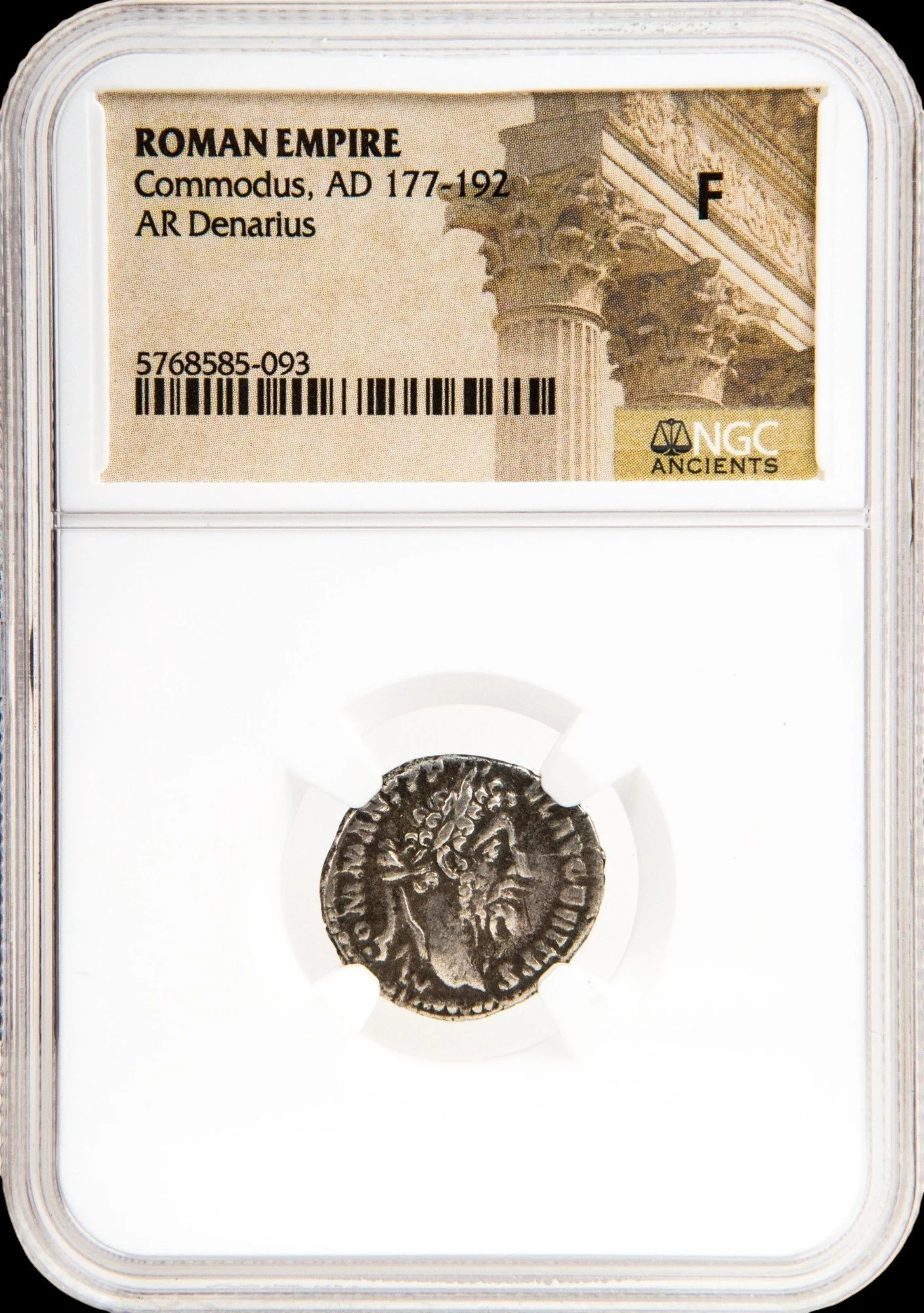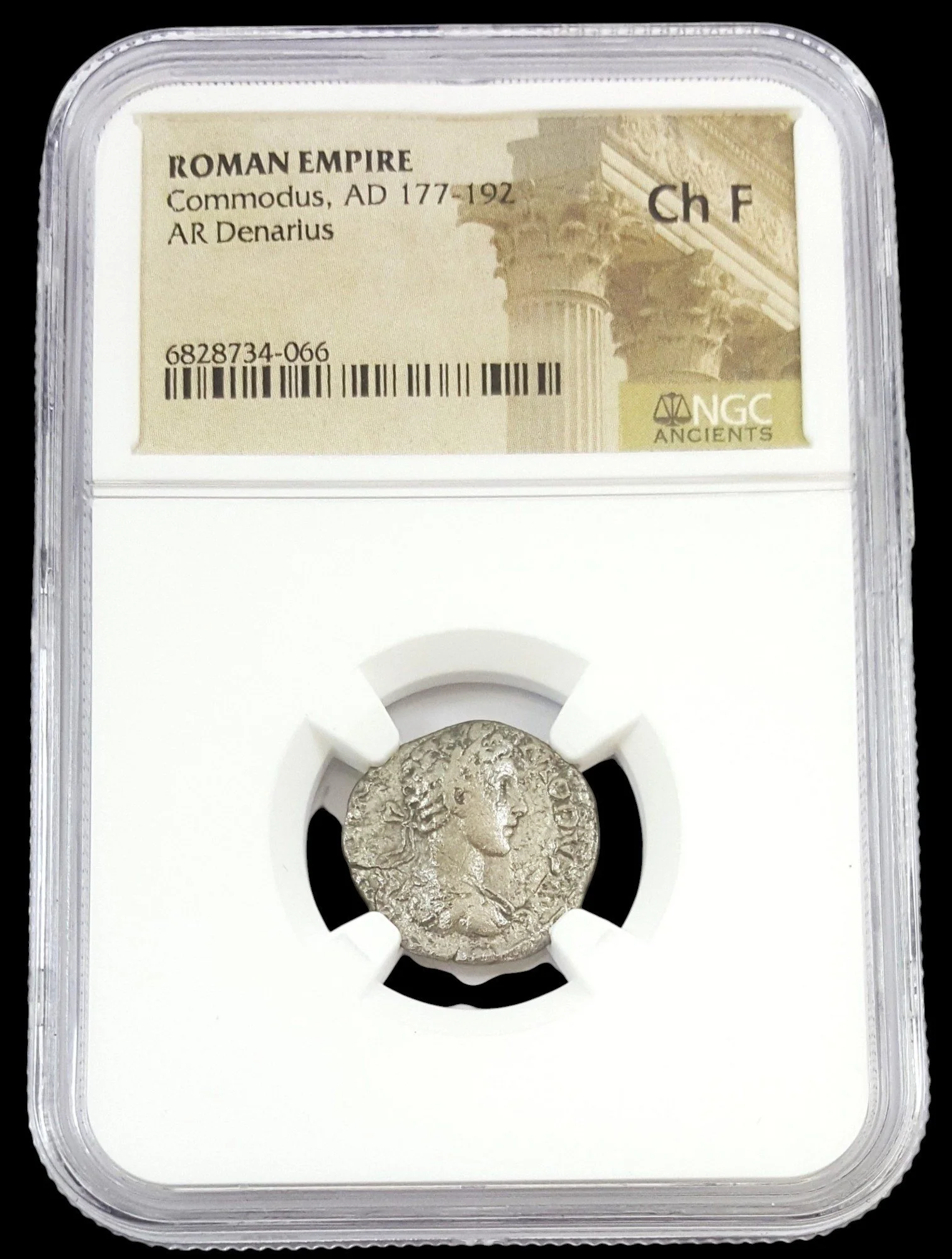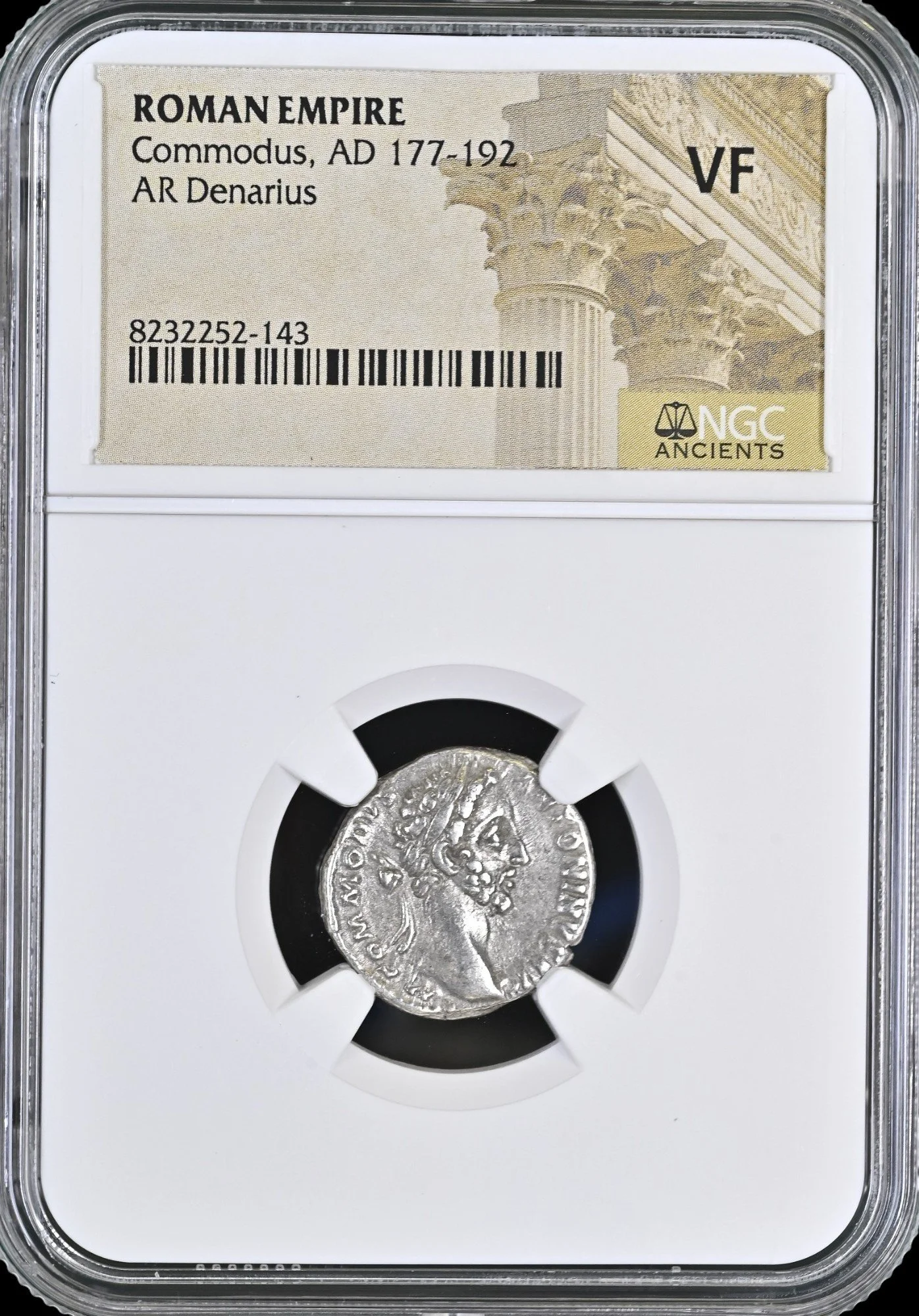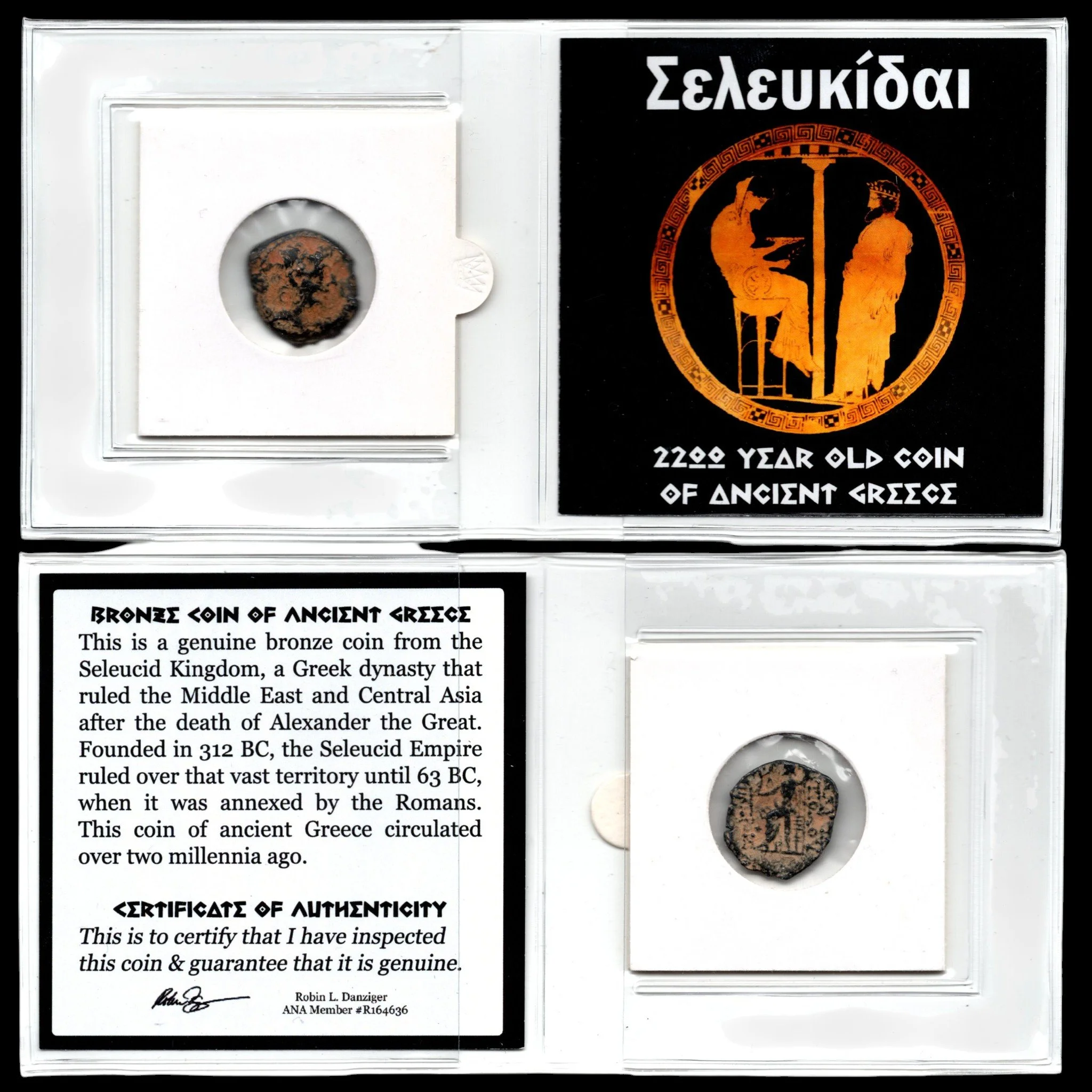 Image 1 of 4
Image 1 of 4

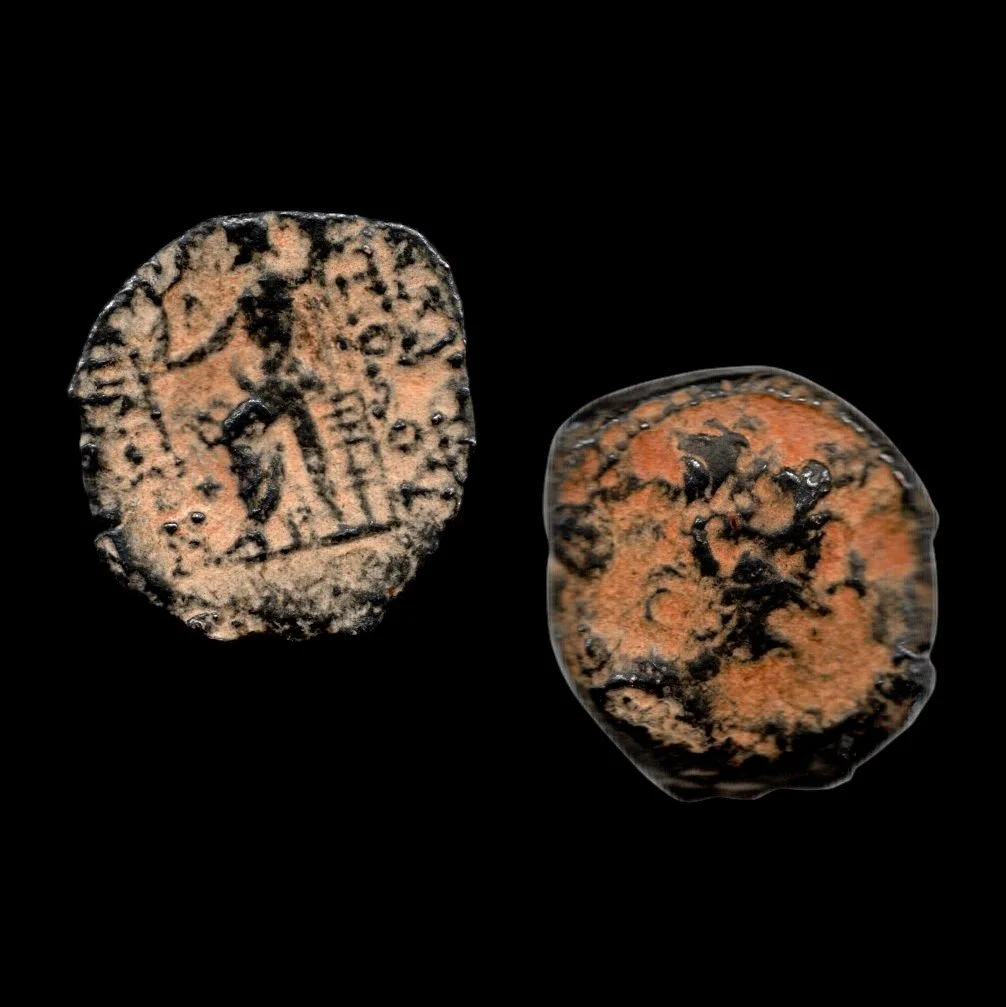 Image 2 of 4
Image 2 of 4

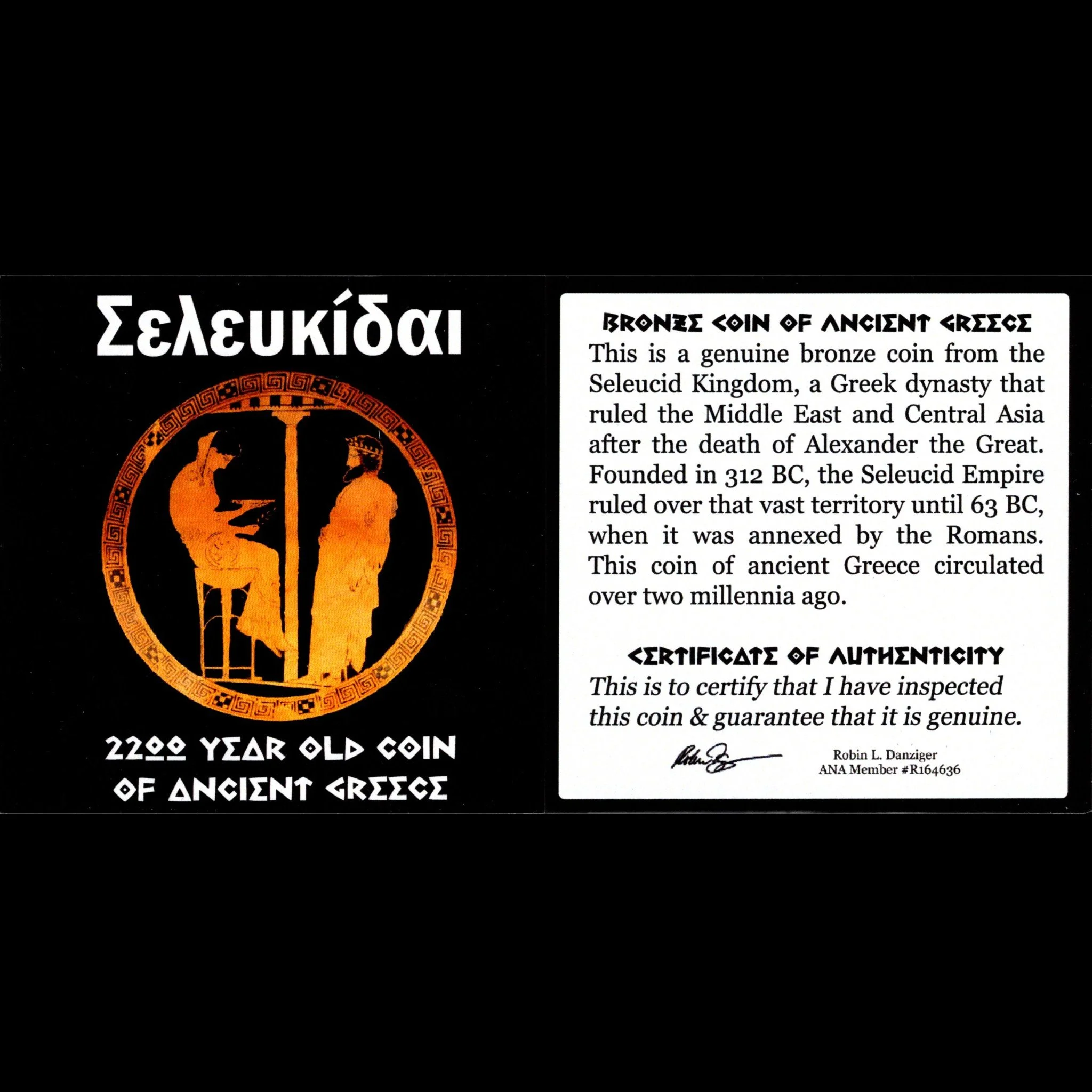 Image 3 of 4
Image 3 of 4

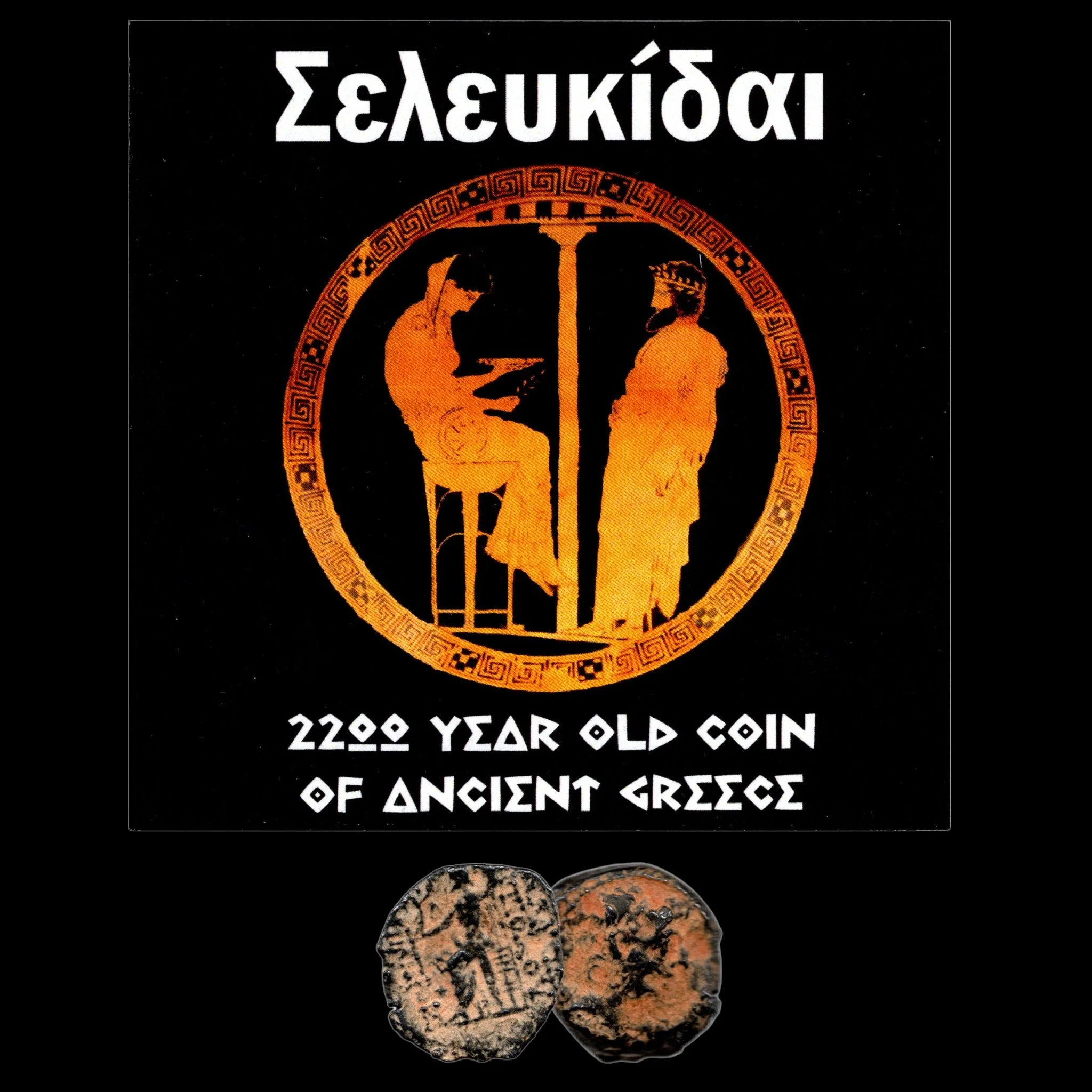 Image 4 of 4
Image 4 of 4





Ancient Bronze Coin from the Seleucid Kingdom – A Greek Dynasty Founded After Alexander the Great, Circulating Over 2,000 Years Ago in the Middle East (Album Collectible)
This is an authentic bronze coin of the Seleucid Kingdom, one of the great successor states that emerged after the death of Alexander the Great. When Alexander died in 323 BC, his vast empire stretched from Greece to India. With no clear heir, his generals—known as the Diadochi—divided the empire among themselves. One of the most ambitious was Seleucus I Nicator, who in 312 BC founded the Seleucid dynasty, establishing control over a huge realm that included Mesopotamia, Persia, Syria, and parts of Central Asia.
For nearly 250 years, the Seleucid Kingdom was a major power in the ancient world. Its kings brought Greek language, art, and culture into the Middle East while ruling over a mosaic of peoples and traditions. Great cities like Antioch and Seleucia-on-the-Tigris became centers of trade and learning, where Greek ideas mingled with those of Persia, Babylon, and beyond.
This coin was struck during that era and would have circulated in marketplaces, along caravan routes, and in temples and cities over two millennia ago. Although modest in size and design, it represents the daily currency of a kingdom that connected the legacy of Alexander’s conquests with the rising power of Rome.
In 63 BC, the Seleucid Kingdom was finally annexed by the Romans, but the coins of its rulers remain as direct artifacts of this fascinating Hellenistic world. Each bronze coin, with its weathered surfaces and ancient patina, tells the story of a dynasty that once held sway over vast stretches of the ancient Near East.
Presented here in an album format, this coin is both accessible and affordable—an ideal way for new collectors to hold in their hands a genuine piece of history from the age when Greek influence reshaped the ancient world.
This is an authentic bronze coin of the Seleucid Kingdom, one of the great successor states that emerged after the death of Alexander the Great. When Alexander died in 323 BC, his vast empire stretched from Greece to India. With no clear heir, his generals—known as the Diadochi—divided the empire among themselves. One of the most ambitious was Seleucus I Nicator, who in 312 BC founded the Seleucid dynasty, establishing control over a huge realm that included Mesopotamia, Persia, Syria, and parts of Central Asia.
For nearly 250 years, the Seleucid Kingdom was a major power in the ancient world. Its kings brought Greek language, art, and culture into the Middle East while ruling over a mosaic of peoples and traditions. Great cities like Antioch and Seleucia-on-the-Tigris became centers of trade and learning, where Greek ideas mingled with those of Persia, Babylon, and beyond.
This coin was struck during that era and would have circulated in marketplaces, along caravan routes, and in temples and cities over two millennia ago. Although modest in size and design, it represents the daily currency of a kingdom that connected the legacy of Alexander’s conquests with the rising power of Rome.
In 63 BC, the Seleucid Kingdom was finally annexed by the Romans, but the coins of its rulers remain as direct artifacts of this fascinating Hellenistic world. Each bronze coin, with its weathered surfaces and ancient patina, tells the story of a dynasty that once held sway over vast stretches of the ancient Near East.
Presented here in an album format, this coin is both accessible and affordable—an ideal way for new collectors to hold in their hands a genuine piece of history from the age when Greek influence reshaped the ancient world.









